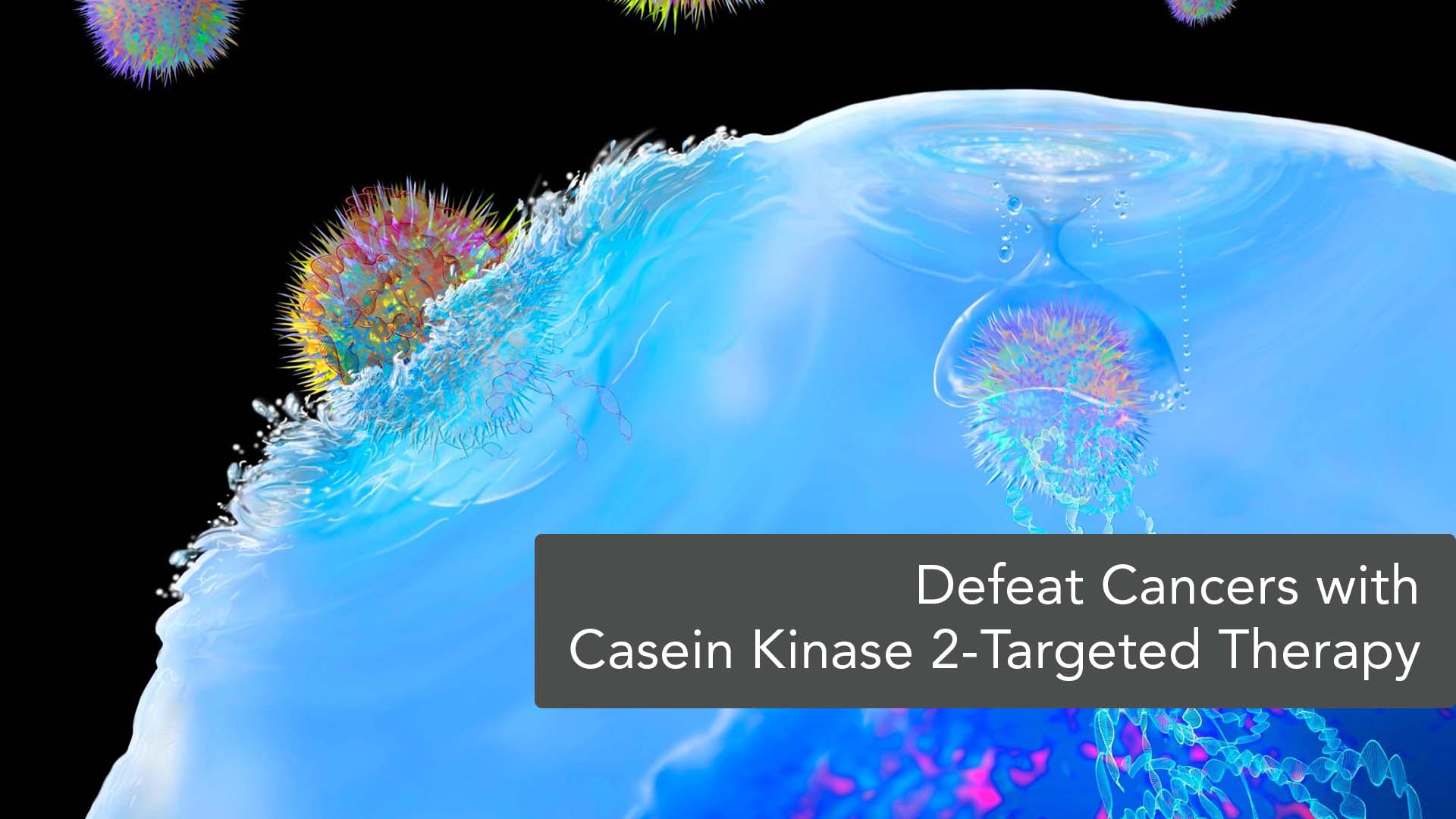Developing High Efficacy Immunotherapy via Casein Kinase 2 Inhibition

The Novelty
This study unveils an immunotherapeutic approach to treat cancer by avoiding the phosphorylation of programmed cell death ligand 1 (PD-L1) through casein kinase 2 (CK2) inhibition. The inhibition of CK2 leads to degradation of PD-L1 in cancer and dendritic cells (DCs) followed by the activation of T cells by DCs which, in turn, enhances the antitumor activity. In other words, CK2 hinders the antigen-specific T-cell function through phosphorylation of PD-L1. Meanwhile, in preclinical trial, mouse mammary tumor exhibits suppressed growth when treated by a CK2 inhibitor combined with an antibody against T-cell immunoglobulin mucin-3 (Tim-3). Collectively, the outcome indicates that the approach is not only effective on triple-negative-breast-cancer (TNBC), but also applicable for other cancer types, such as lung cancer, prostate cancer, and melanoma. In order to validate this approach, future clinical studies can be conducted to focus on its anti-tumor efficacy in different types of cancer tissues.
The Background
Casein kinase 2 (CK2) has been proven to be a potential target in treating cancers. Although CK2 is crucial for cell sustainability, its upregulation in all cancers has shown consistent trend in promoting tumor cell growth, leading to poor prognosis. During the inhibition of CK2, significant improvement was observed in the antitumor activity of immune checkpoint receptor blockade using anti–CTLA-4 antibody. This suggests that CK2 inhibition could potentially overcome the ineffectiveness of anti–PD-1/PD-L1 immune checkpoint blockade (ICB) treatment experienced by a substantial amount of cancer patients. Hence, in an international collaboration with the Department of Molecular and Cellular Oncology from The University of Texas MD Anderson Cancer Center (USA), this study aims to investigate the mechanism of PD-L-1 regulation by CK2 and have successfully demonstrated CK2–PD-L1 pathway blockage as a high potential tumor treatment. Since this approach is applicable for various cancer types, it is likely to increase the chances for human to survive cancers.
The SDG Impact
Cancer-related researches have been progressing dramatically but many of the potential therapies are effective to only limited types of cancer and patients. Since CK2 inhibition is a high-potential treatment for multiple cancer types, it can be coupled with other effective therapies to achieve better outcome. The output of this study creates a significant milestone in cancers treatment, realizing UNSDG 3: Good Health & Well-Being.
